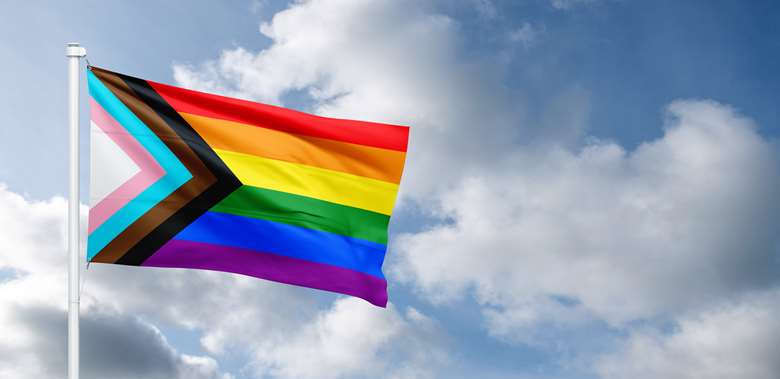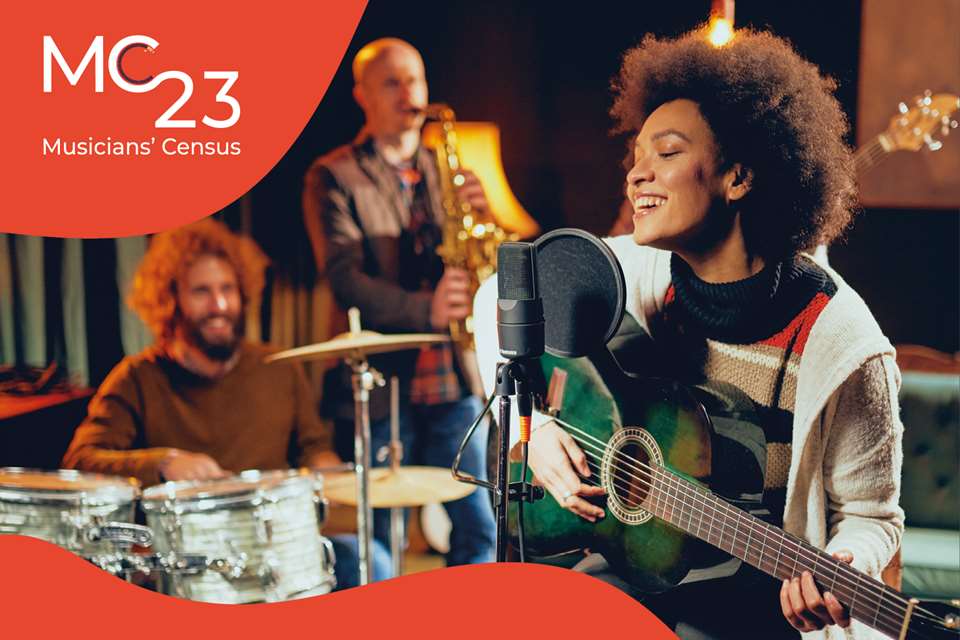Research reveals scale of discrimination and sexual harassment impacting LGBTQ+ musicians
Florence Lockheart
Friday, February 9, 2024
The latest report from the Musicians’ Census shows that LGBTQ+ musicians are disproportionately impacted by discrimination and sexual harassment


Register now to continue reading
Don’t miss out on our dedicated coverage of the classical music world. Register today to enjoy the following benefits:
- Unlimited access to news pages
- Free weekly email newsletter
- Free access to two subscriber-only articles per month


